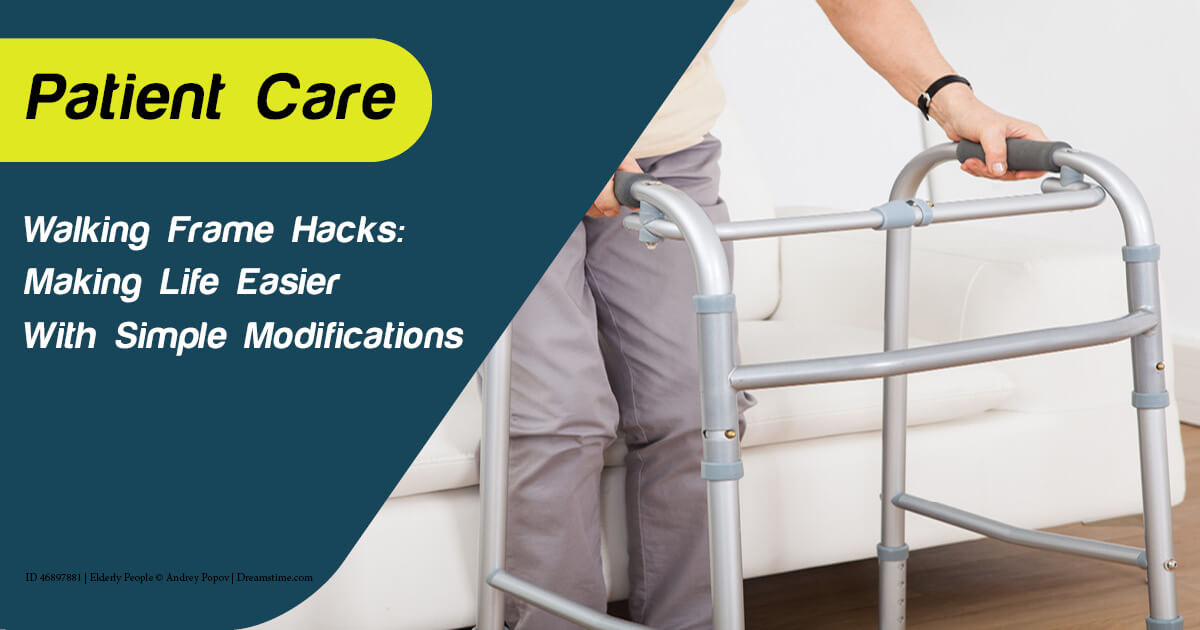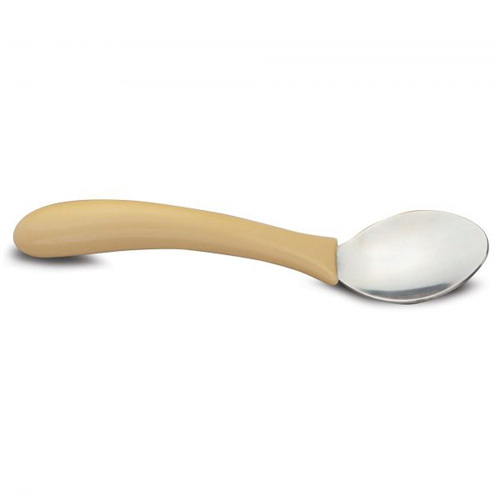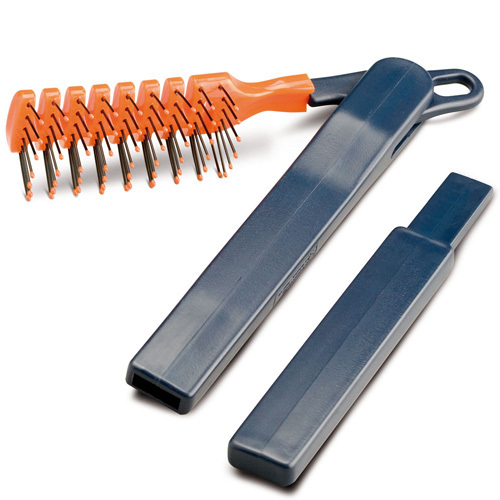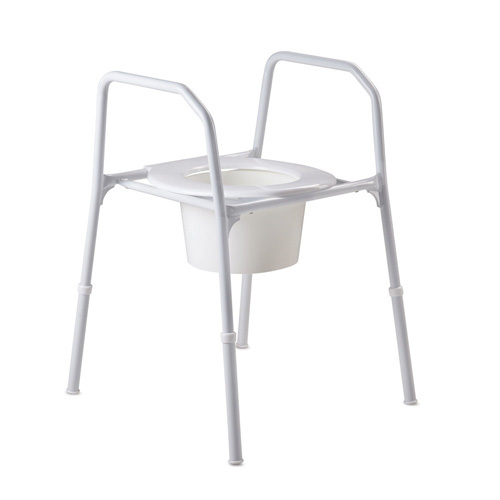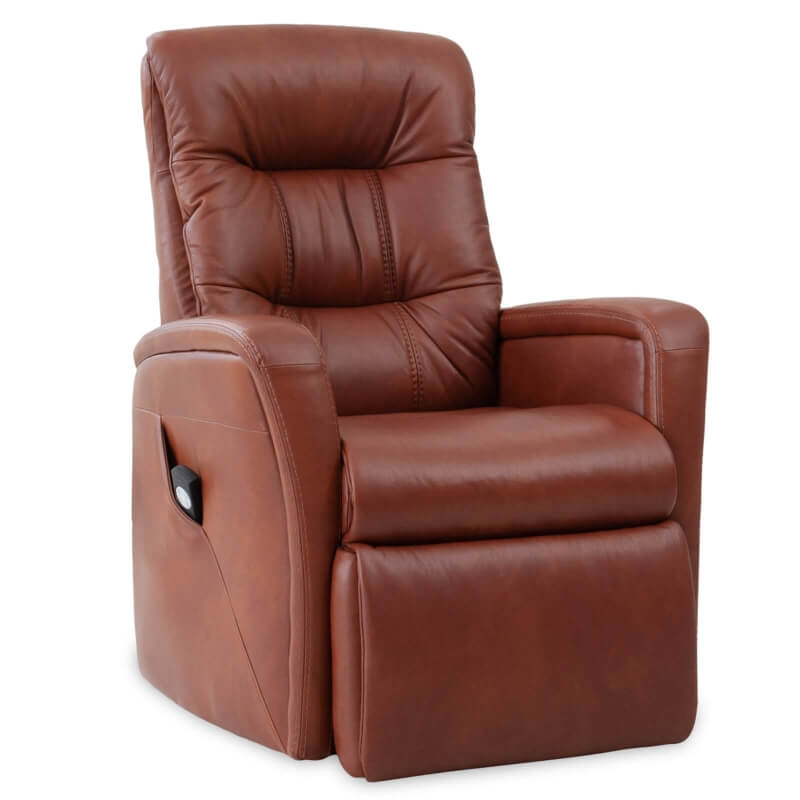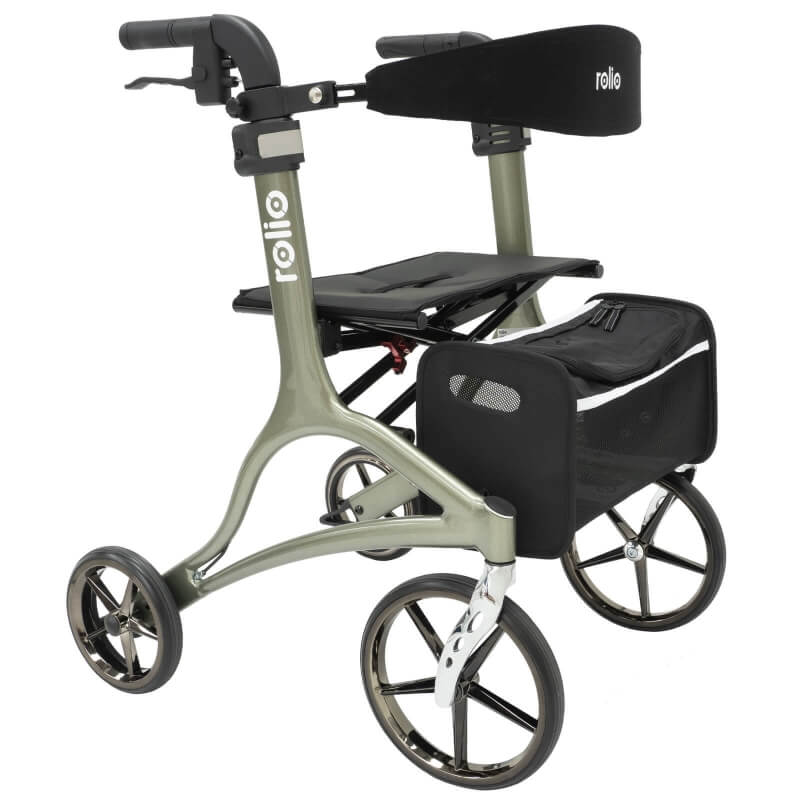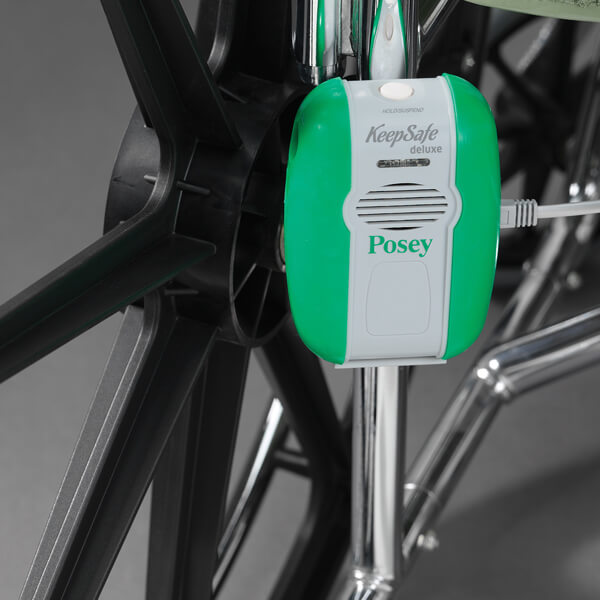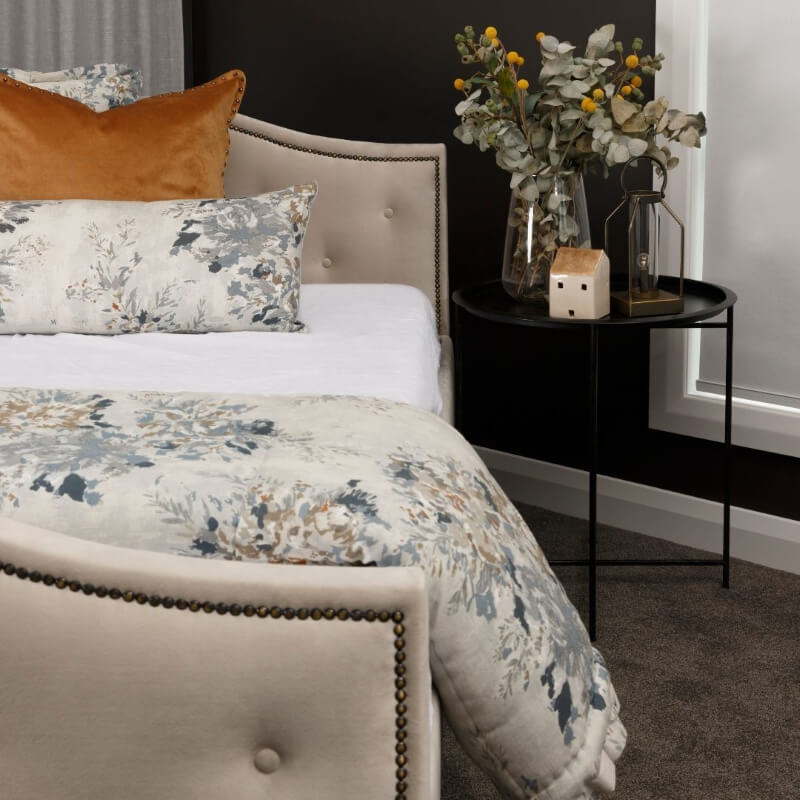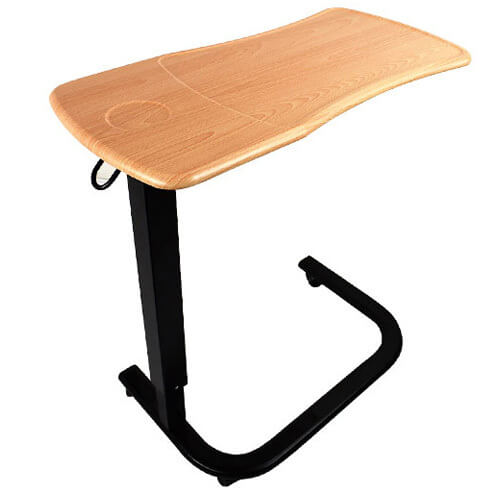
Share
Dementia and Alzheimer's Disease are often mentioned interchangeably, but they are not the same. Understanding the distinction between them is crucial for providing appropriate care and support to those affected, fostering better communication, creating more effective care plans, and ultimately enhancing the well-being of those living with these challenging conditions.
Here, we’ll highlight the key differences between dementia and Alzheimer’s disease, as well as simple but effective equipment that can make each day easier.
What is the difference between dementia and Alzheimer's disease?
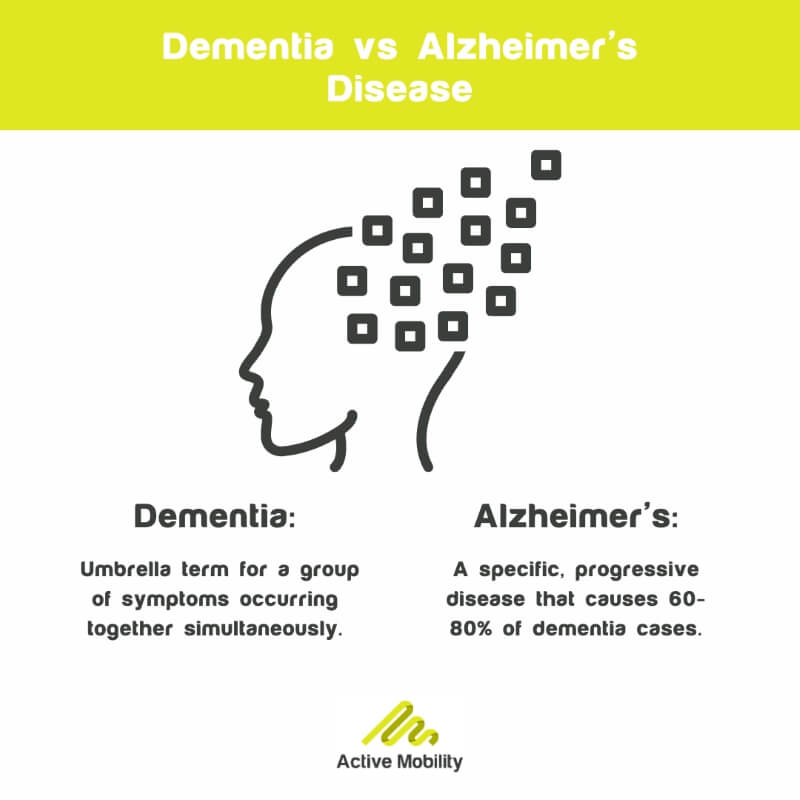
Dementia is an umbrella term that describes a range of symptoms associated with cognitive decline. It is not a specific disease but a syndrome—a group of related symptoms that often occur together, affecting memory, thinking, and social abilities enough to interfere with daily life.
Alzheimer's disease, on the other hand, is a specific disease and the most common cause of dementia. It accounts for 60-80% of all dementia cases. Alzheimer's is a progressive neurodegenerative disorder that primarily affects memory, thinking, and behaviour.
Here’s a quick comparison. Understanding the differences can be crucial in providing appropriate care and support to those affected.
Dementia: |
Alzheimer’s disease: |
|
Cause & Pathology: |
Dementia can be caused by various diseases and conditions, each with different underlying pathologies. It is a symptom of multiple neurodegenerative disorders. |
Alzheimer's disease is caused by specific changes in the brain, including the build-up of amyloid plaques (fibrous patches) and tau tangles (strands of proteins). |
Symptoms: |
Dementia symptoms can vary widely depending on the type and cause but generally include memory loss, confusion, difficulty communicating, and impaired judgment. |
Alzheimer's disease symptoms start with memory loss and confusion and gradually worsen, leading to severe cognitive decline and loss of ability to carry out daily activities. |
Progression: |
Dementia progression can vary significantly based on the underlying cause. Some types progress slowly, while others, like Creutzfeldt-Jakob disease, progress rapidly. |
Alzheimer's disease typically progresses slowly over several years, with symptoms worsening gradually. |
Diagnosis: |
Dementia diagnosis involves a range of cognitive and neurological tests, blood tests, and brain imaging to determine the underlying cause. |
Alzheimer's disease diagnosis includes cognitive tests, neuroimaging, and sometimes spinal fluid analysis to detect specific biomarkers. |
Different types of dementia

ID 65958911 © Ian Allenden | Dreamstime.com
Considering the condition's “umbrella” nature, let’s examine the different types of dementia to better understand them.
Alzheimer's Disease
The most common form of dementia. Characterised by amyloid plaques (fibrous patches) and tau tangles (strands of proteins) in the brain. Symptoms include memory loss, confusion, and difficulty with language and problem-solving.
Vascular Dementia
Vascular dementia is caused by reduced blood flow to the brain, often due to strokes or other blood vessel conditions. Symptoms can include impaired judgment, difficulty with planning, and slower thinking.
Lewy Body Dementia
This kind of dementia is characterised by abnormal brain protein deposits called Lewy bodies. Symptoms include visual hallucinations, movement disorders, and cognitive fluctuations.
Frontotemporal Dementia
This group of disorders is caused by the degeneration of the frontal and temporal lobes of the brain. Symptoms include personality changes, language difficulties, and impaired executive functions.
Mixed Dementia
This is a combination of two or more types of dementia, often including Alzheimer's and vascular dementia. Symptoms can vary widely depending on the types involved.
Parkinson's Disease Dementia
Parkinson’s dementia occurs in some people with Parkinson's disease, typically developing a year or more after Parkinson's symptoms. Symptoms include memory problems, slow thinking, and impaired judgment.
Shocking dementia statistics in Australia
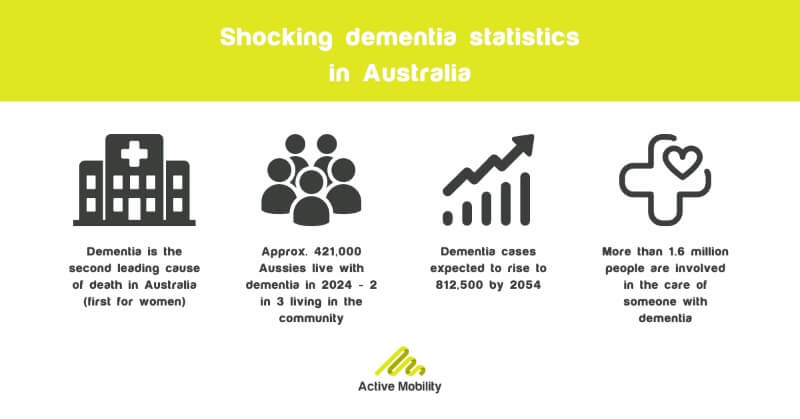
Dementia is the second leading cause of death in all Australians, with an estimated 421,000 Aussies living with dementia. But the shocking statistics don’t end there.
- Dementia is the leading cause of death in women in Australia.
- Without a medical breakthrough, the number of dementia cases in the country is expected to exceed 812,500 by 2054 due to the ageing population.
- Between 2021 and 2022, 25,700 hospitalisations related to dementia occurred (the equivalent of two out of every 1,000 hospitalisations). The average length of stay was more than five times the average for all patients (16 days compared to 2.7 days).
- While two in three people with dementia are living in the community, 54% of permanent aged care residents have dementia.
- More than 1.6 million Aussies are involved in the care of someone with dementia. One in two carers provides 60 hours or more of care a week, and three in four reported multiple physical or emotional impacts of the role.
Considering the prevalence of dementia in the community and the level of care required for many Australians, improving safety, comfort, and quality of life is crucial. Let’s dive into some essential home and residential aged care products designed to support individuals with dementia.
Eating & Drinking Aids
Non-slip plates and bowls help prevent spills and make eating easier for those with limited hand control. Meanwhile, weighted utensils provide stability, reducing tremors and making mealtime manageable. Our Homecraft King’s Cutlery range can be customised with weighted handles for unsteady hands. |
Grooming Aids
Long-handled brushes and combs enable users to groom themselves with minimal effort, promoting independence and self-care. |
Hygiene Aids
Toilet frames can assist with sitting and standing, ensuring safety and independence in the bathroom. Bath seats also provide support and safety during showers, making bathing more comfortable and reducing the risk of falls. |
Cognitive & Sensory Stimulation
Weighted sensory blankets provide a sense of security and help reduce anxiety, promoting relaxation and better sleep. We also offer a range of sensory ball mattresses, vests, and more. |
Seating Solutions
Our lift chairs help transition from sitting to standing, promoting independence and reducing the risk of falls. The additional comfort and support of the cushions can also reduce the risk of pressure sores. |
Mobility Equipment
Rollators and walkers provide stability and support, allowing users to move around more independently and confidently. Alternatively, wheelchairs are essential for those with advanced mobility issues, ensuring the user can still engage in daily activities and social interactions. |
Fall Prevention Products
Emergency alert systems enable users to call for help, ensuring emergency assistance. The Keepsafe Deluxe Alarm can be connected to the Keepssafe chair belt sensor, chair bad sensor, bed sensor, or toilet seat sensor, alerting support workers when the user has fallen or left their seat. Bed rails can also be installed on beds to prevent falls at night, providing a sense of security and reducing the risk of injury. Placed beside the bed to cushion falls, fall mats are particularly useful for patients prone to nighttime wandering. |
Adjustable Bedding
Beds with motors and adjustable features offer customisable comfort and support for people with dementia. They can be easily adjusted to various positions, helping to alleviate discomfort, improve sleep quality, and assist with transfers, ultimately enhancing the individual's overall well-being and safety. |
Overbed & Overchair Tables
Overbed and overchair tables provide a convenient and stable surface for individuals living with dementia, allowing them to comfortably eat, read, or engage in activities while remaining in bed or seated. These tables can enhance their independence and reduce the risk of spills or accidents, making daily tasks more manageable. |
Allows us to help support your client or loved one with dementia
Dementia is a growing public health issue. Supporting people with dementia with engaging activities and helpful, easy-to-use equipment can greatly improve their quality of life and well-being.
At Active Mobility, our goal is to provide holistic care and cater to the needs of all Australians living with disabilities and conditions like dementia. We specialise in the supply of patient care products and have occupational therapists on hand who will ensure your client or loved one receives the support and equipment they need.
Shop online or book a showroom appointment to receive tailored support from our team.




